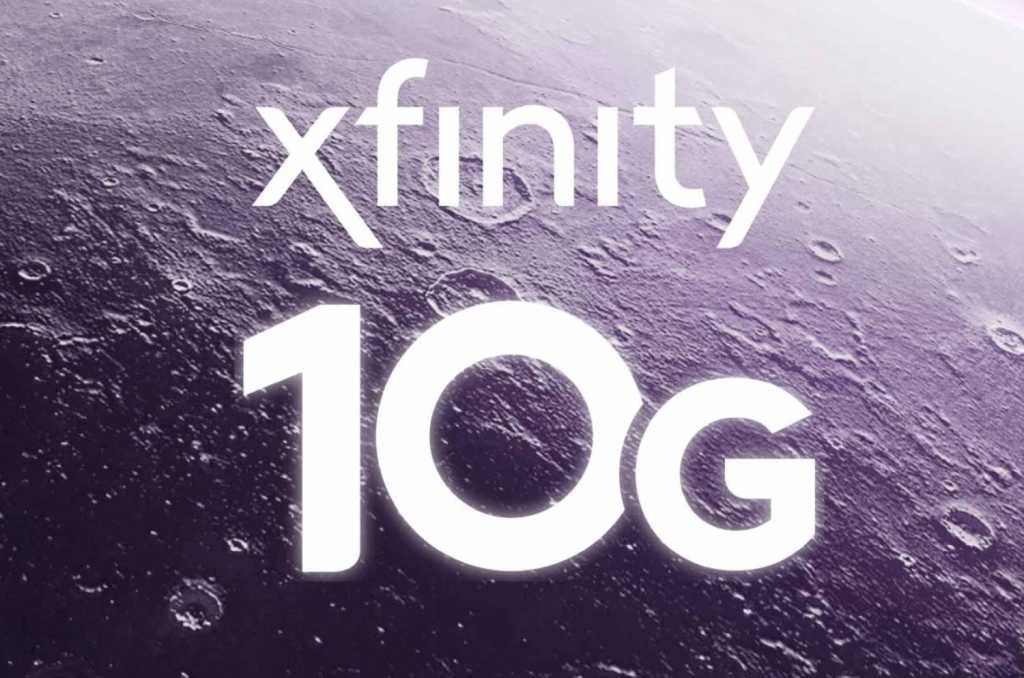- cross-posted to:
- [email protected]
- [email protected]
- cross-posted to:
- [email protected]
- [email protected]
Comcast advertising “10G” in hopes to confuse consumers to accept slower speeds::Comcast says Xfinity offers 10G home internet, but the term “10G” is hazy and potentially misleading—especially because it has no relation to 5G for cell phones.



Should possibly also touch on the issue of 5G not really being 5G. Same as 4G not really being 4G:
https://www.thetechedvocate.org/not-all-5g-is-the-same-all-the-flavors-and-names-explained/
Marketers kind of backed themselves into a corner when they named 4G LTE. It was supposed to be an intermediate step between 3G and 4G, but when they rolled out actual 4G, people thought going from “4G LTE” to “4G” sounded like a downgrade, so they called 4G proper “5G” at around the same time actual 5G was rolling out, creating a massive clusterfuck.
4G not being 4G was different though, because 4G had absurd speed requirements that it had to hit before it could be classified as true 4G. That’s why everyone had to use “lte”, even though they were using the 4G standard, they didn’t have fast enough service. Thankfully, 5G dropped those silly requirements, so other than AT&T’s 5Ge debacle, all of the phones saying they’re 5G are actually 5G. It is important to know that there’s different types of 5G that are good for different situations, low band 5G is great for rural areas because it has better range than 4G and high band 5G is great for cities because it has better speed than 4G, but it’s all still 5G